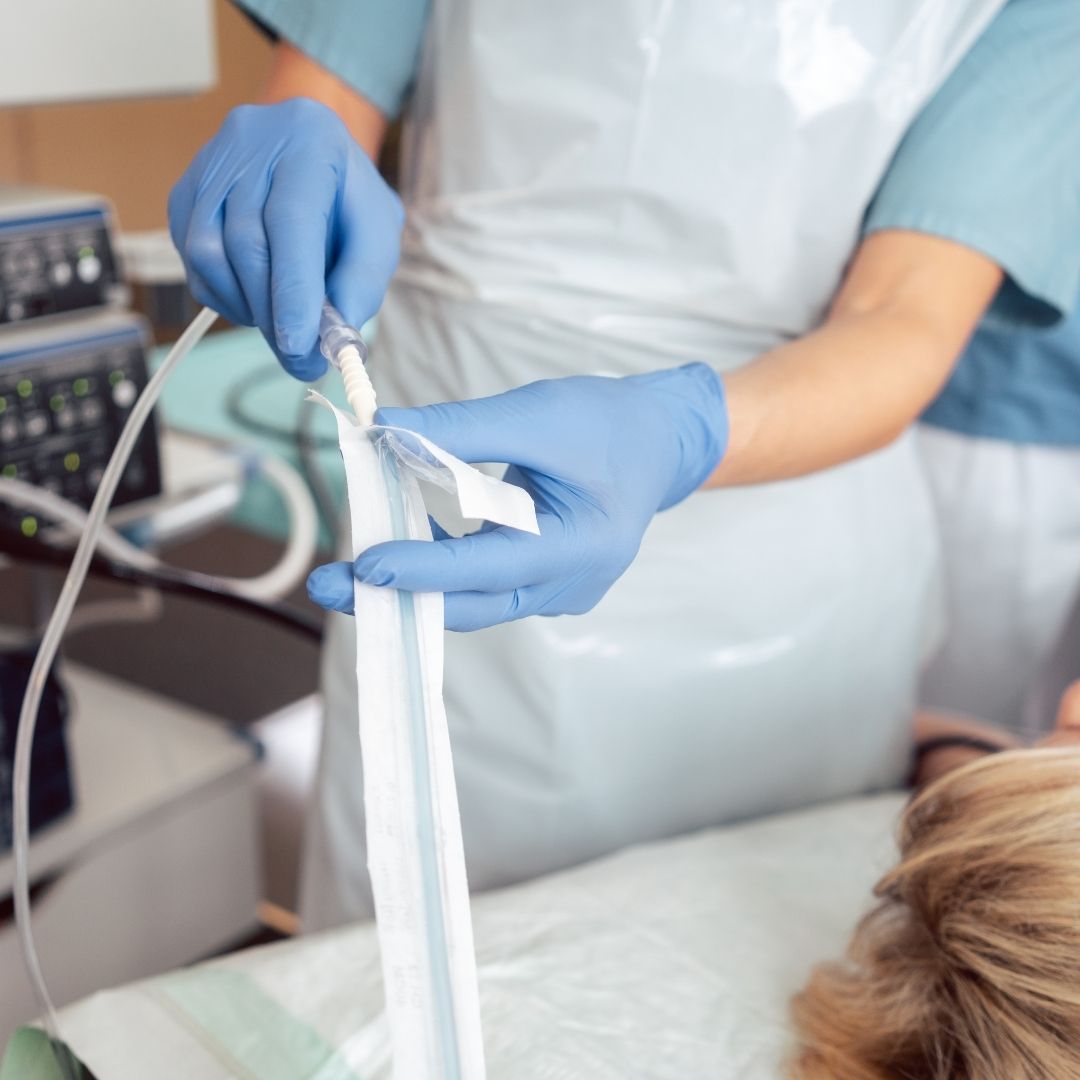An upper endoscopy is a procedure that lets your gastroenterologist examine the lining of the upper part of your gastrointestinal (GI) tract. This allows them to diagnose and treat problems in this part of your digestive system.
The upper GI tract consists of the oesophagus (the gullet or food pipe), the stomach and the duodenum (the first part of the small intestine).
To carry out this procedure, your specialist will use a thin, flexible tube called an endoscope, which has a tiny camera, with its own lens and light source. They will view the images on a video monitor.
An upper GI endoscopy is also known as: an upper endoscopy, oesophago-gastro-duodenoscopy (ODG), esophagogastroduodenoscopy (EGD), gastroscopy or panendoscopy.
At OneWelbeck Digestive Health in London, our world-class gastroenterology consultants can carry out an upper GI endoscopy as a day case surgery. They will use the latest medical technology to ensure this is a minimally invasive procedure. You should be able to return home the same day, without overnight hospital admission.
All OneWelbeck, private endoscopy procedures are carried out in first-class, comfortable surroundings, with high quality nursing care to suit your personal needs.






